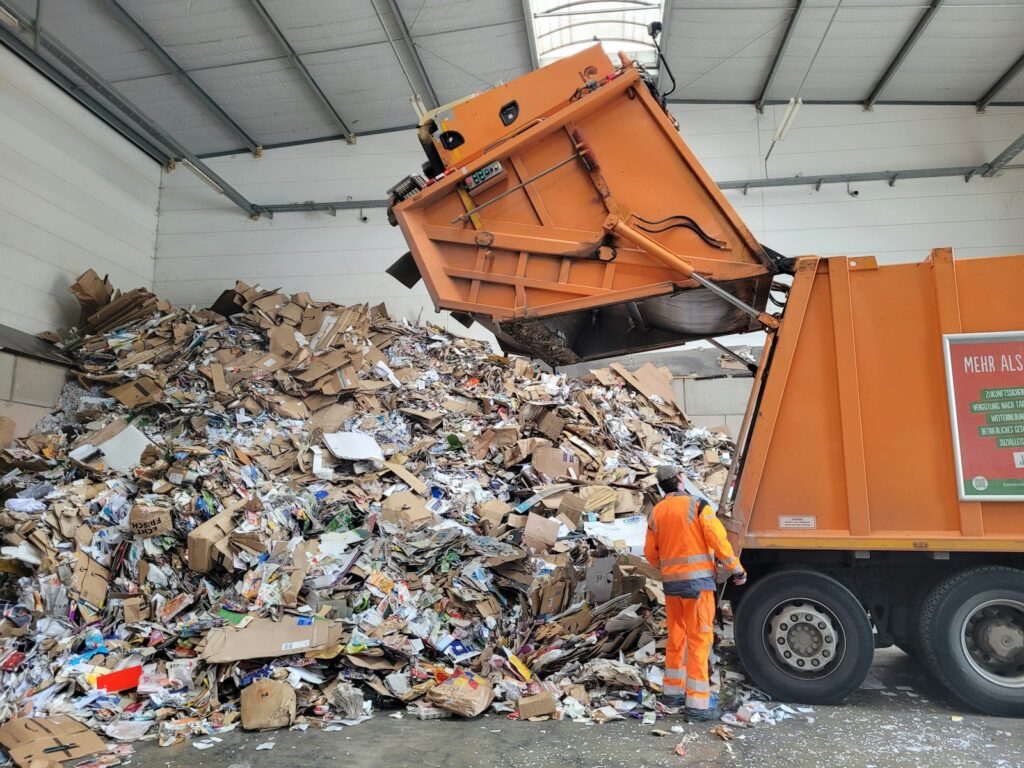England’s health service lags behind the private sector on monitoring emissions, while a study in Scotland will ascertain the value of nature near hospitals and other facilities.
Overall, 29% of NHS Trusts in England are not measuring their carbon footprint, and 31% have no clear plan for net-zero targets. Currently, the public health system is expected to reach zero carbon output by 2040, with an 80% reduction due between 2028 and 2032.
While this points to an urgent need to overhaul approaches in some authorities, new research – based on a Freedom of Information act by Schneider Electric – shows the NHS has been making some headway in terms of its footprints.
Positive steps include upgrading building systems to become more sustainable (60% of Trusts), adopting monitoring technologies to optimise energy use (48%), and implementing circular business practices (19%), such as refurbishment and redistribution of medical equipment like mobility aids. The vast majority of English Trusts (67%) have received funding to implement improvements and changes. Energy efficiency was the most common form of upgrade, specifically heating, ventilation and air conditioning. LED lighting was also a popular step.
However, when it comes to training the numbers look less favourable, with just one-in-10, or 12%, reporting investments in awareness programmes and upskilling to ensure the workforce is on-side and understands new policies around use, reuse, waste and more.
‘The NHS is a symbol of national pride for many in the UK. However, it currently faces a significant challenge when it comes to energy consumption and costs,’ said Kas Mohammed, Schneider Electric UK & Ireland’s VP Digital Energy. ‘Significant changes need to happen in order to create the sustainable hospital buildings that will drive down energy costs and enable to NHS to meet its net-zero targets, without compromising on patient care. Investment in modern technologies and digital services could enable Trusts to retrofit their buildings and make the NHS more sustainable and resilient for the generations to come.’
Meanwhile, in Scotland new Fellowship has been awarded to researchers from the University of Aberdeen to investigate the value of NHS-operated green spaces, and those near healthcare facilities. Jointly funded by the SEFARI Gateway [Scotland’s Centre of Expertise and Knowledge Exchange and Innovation], and Public Health Scotland, the programme will contribute to the NHS Scotland Climate Emergency and Sustainability Strategy, continuing research commissioned by Public Health Scotland and NatureScot.
Using Office for National Statistics guidance, Aberdeen’s team will design surveys of land based around custom economic methodology, taking into account factors such as Contingent Valuation and Contingent Behaviour, commonly used to ascertain monetary value of environmental services.
‘There are potentially significant health and wellbeing benefits that come from the use of these sites for recreation and leisure. However, the monetary value of these benefits to society, and across different users, is not known,’ said Dr Luis Loria-Rebolledo, Research Fellow in HERU.
‘Obtaining these values could serve as a guide for future decisions about the use of NHS outdoor spaces in Scotland,’ they continued. ‘This project speaks to a priority of the Scottish Government who are regularly updated on progress. The outcome is policy relevant and is high impact as it has the potential to inform natural capital accounting and Climate Policy in Scotland and internationally.’
Image: Samuel Goodwin
More on net zero and climate change:
Milton Keynes tops list of local authorities with most green space
50% of the world feel unable to protect themselves from disasters
Lacking detail: Labour’s manifesto falls short on commitment

















